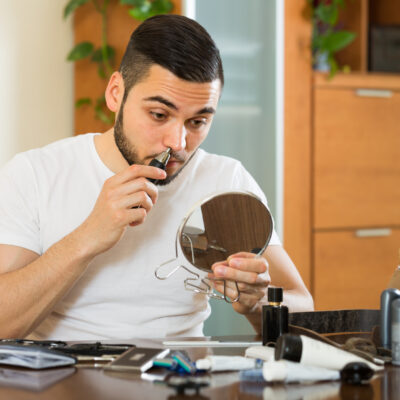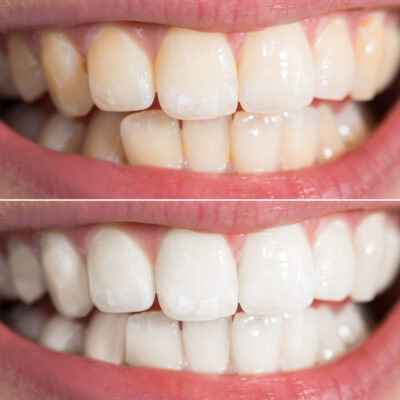
Treatment Options for Dyspareunia During Menopause
Dyspareunia relates to painful intercourse. Most women experience pain during intercourse at some point in their lives, and the reason for the same could range from structural to psychological. But when the pain occurs regularly, the condition is referred to as dyspareunia. For example, if you experience sharp pains in the vaginal area, during as well as after intercourse, then chances are that you could be suffering from dyspareunia. It should also be pointed out that some women develop dyspareunia as a result of menopause.
As a result of dyspareunia, you may experience the following symptoms, and you should schedule an appointment with your gynecologist at the earliest. Some of the symptoms associated with dyspareunia in menopause are as follows:
- Pain during intercourse and on entry
- Pain during every thrusting motion
- Deep pain with deep penetration
- Psychological issues
- Feeling depressed after intercourse
1. Diagnosis of dyspareunia in menopause
While it may be difficult to diagnose the condition just based on these symptoms, your gynecologist would conduct a pelvic examination. A close pelvic examination should show any indication of scarring or abnormalities. He/she may even attempt to localize the pain, and may even suggest a pelvic ultrasound to try and diagnose your condition. An ultrasound should enable the physician to diagnose your condition accurately, after which he would recommend treatments and measures to resolve the issue.
2. Treatment of dyspareunia in menopause
More often than not, dyspareunia during menopause is caused by a lack of lubrication. Some women suffer from low estrogen levels on account of menopause and other health conditions. As a result, this can cause dyspareunia. Most doctors would recommend topical estrogen, which you can apply to your vagina directly. He/she may also prescribe certain drugs, including prasterone, to help you deal with lack of lubrication. He may also recommend other treatment options, such as:
- Desensitization therapy: This therapy teaches you vaginal relaxation methods, which should help you mitigate any pain that you may suffer as a result of intercourse.
- Counseling: If you have been experiencing pain in the vaginal area for a while, then the causes could be psychological. It might be a good idea to seek out counseling. A counselor could help you to understand the emotive reasons behind the stress and pain that you experience each time you are intimate with your partner. In time, he/she should be able to resolve the issue.
When it comes to dyspareunia during menopause, one of the leading causes for most women to experience vaginal pain is low estrogen levels. Your doctor will diagnose your condition. With the right treatment, you should be able to resume your sex life with your partner, without having to experience any intercourse-related pain. Just make sure that you consult your gynecologist the moment you first start experiencing pains in your vagina either during or after intercourse.


